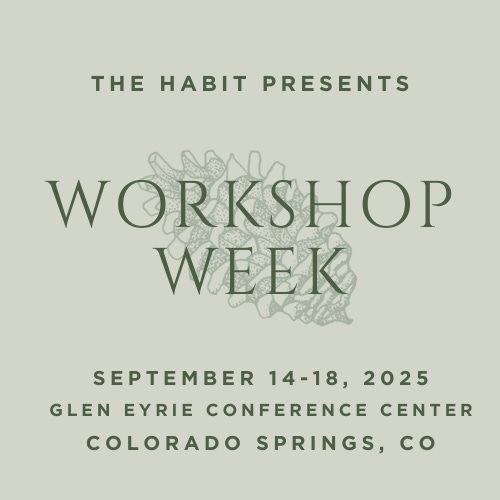Twenty years ago, when I was researching for one of my novels, I ran across a story that made a big impression on me. I’ve told it many times for laughs and amazement, but in the current political and rhetorical climate, it hits different.
In the 1850s, when the paddlewheel steamboats chuffed up and down America’s great rivers with their loads of cargo and passengers, boats going the same direction sometimes engaged in impromptu races. A British visitor1 wrote about one incident he had heard about (likely fictional) in which two boats loaded with passengers met at the confluence of the Ohio and the Mississippi rivers and continued downstream alongside one another on the Mississippi. When the Screecher, the Louisville boat, pulled a little ahead, the firemen on the Burster, the St Louis boat, threw more wood in the firebox, and the Burster drew ahead. The Screecher’s firemen threw more wood on their fire, and made up the distance. By now the passengers on both boats became aware that a race was on, and they started whooping and cheering and urging on their respective crews.
The firemen worked as hard as they could go; the flames shot out the tops of the smokestacks, and the boilers screamed, stretched to their limits. Seeing that his boiler was about to burst, the Screecher’s captain lost his nerve and was ready to concede the race. But his passengers felt their prestige was on the line and didn’t want to give up so easily. They threatened the captain with pistols and Bowie knives. Their arguments were convincing, the captain said, but the firewood was about gone anyway. Then an old woman stepped up. She had on board several barrels of bacon and pork, her household’s supply of meat for the winter. She instructed the firemen to throw the contents of her pork barrels into the furnace.
Bacon fat burns hotter than coal; this novel fuel source gave the Screecher a burst of speed. The Burster struggled to catch up again, but the strain caused its boiler to explode. “Suddenly—horror of horrors!—the river throbs beneath; the forest trees quake like aspen leaves; the voice of many thunders rends the air; clouds of splinters and human limbs darken the sky. The Burster is blown to atoms!”
The Screecher had carried the day. Its passengers hollered themselves hoarse and waved their hats and shot their pistols in the air as the burning carcass of the Burster receded behind them. Above the din of the merry-makers came the voice of the old woman: “I did it, I did it—It’s all my bacon!”
People got blown up and drowned. The old woman and her people had a winter with no bacon ahead of them. But didn’t it feel good to win?
Virtual Writing Rooms on Monday, Tuesday, Wednesday, Thursday and Friday
This afternoon: The Habit Book Club—Frank Ewert’s Embrace Your Writer’s Block
Frida and Saturday: The Habit Summer Writers’ Weekend
This week in The Habit Portfolio: “A Wind Blows Through,” a poem by Sandra Kennedy
There's a place for you in this vibrant community of writers. Find out more about The Habit Membership here.
Short Story Summer Camp has become a Habit summer tradition. This year’s session will run from June 24 through July 29. Together we’ll read and discuss short stories and write short stories of our own. There will be separate cohorts for adults and teenagers. Registration will open soon—as soon as I can get a couple of technicalities sorted out! Watch this space. If you’re a Habit member, you don’t need to register. It’s included in your membership.
Workshop Week is a working retreat devoted to workshopping and polishing a completed draft. Cohorts of eight to ten writers will read one another's work and provide feedback in a dynamic group setting. More information at TheHabit.co/Retreats.
Judith McQuoid on C.S. Lewis’s Irish Childhood
Habit member Judith McQuoid lives in Belfast, Northern Ireland, the hometown of CS Lewis—or Jacks, as he was known when he lived there. Inspired by Belfast, her love of Lewis, and her own family history, Judith wrote a middle-grade novel about young Jacks Lewis and an imagined friendship with a boy from a very different background. It’s a book about creativity, friendship, and the ways we can give one another a little more courage and a little more hope. In this episode, it was my pleasure to talk to Judith McQuoid about her new novel, Giant.
The story originally comes from Lands of the Slave and the Free: Or, Cuba, The United States, and Canada, by Henry Anthony Murray (1855). I ran across it in Grady McWhiney’s 1988 book, Cracker Culture: Celtic Folkways in the Old South.









We're looking forward to recommending Short Story Summer Camp to friends!
The story is poignant and believable. I am inclined to say thank you for sharing it despite knowing that I will be musing on it for some time. The question of we won, but at what cost is always timely. In the last few months I have been feeling a variation, I didn’t want either to win and it is worse than I thought.